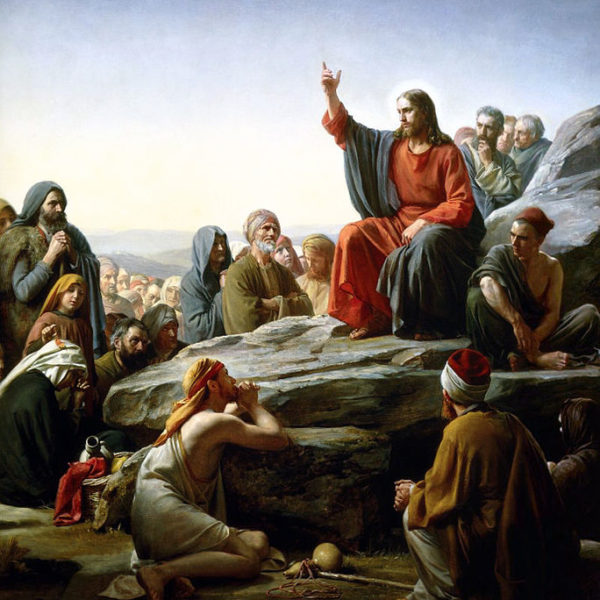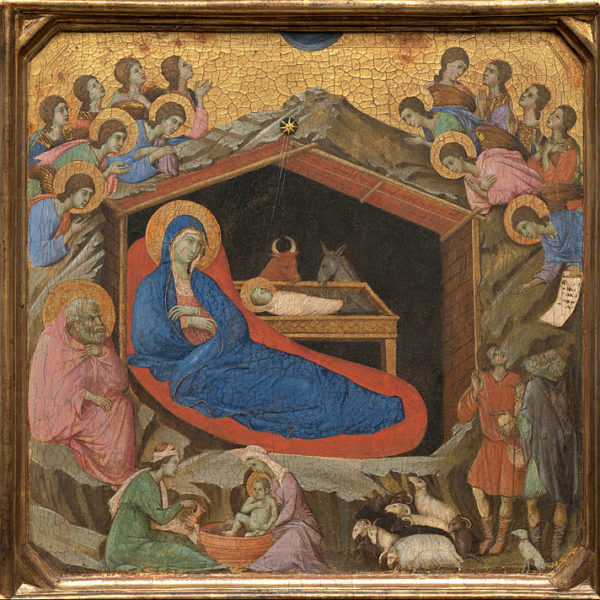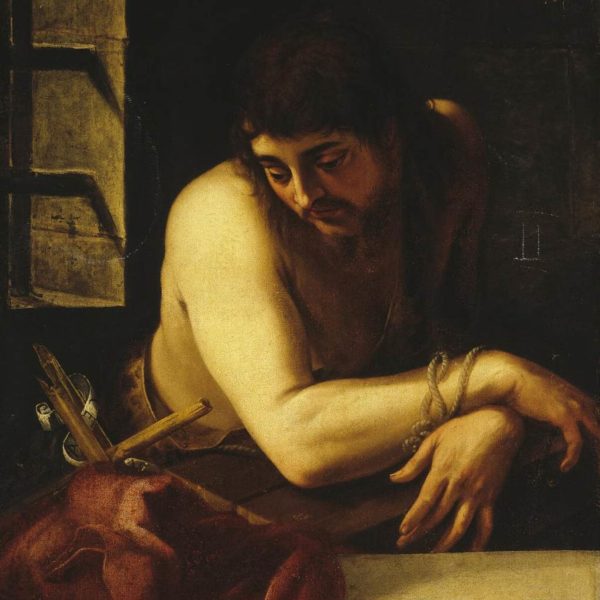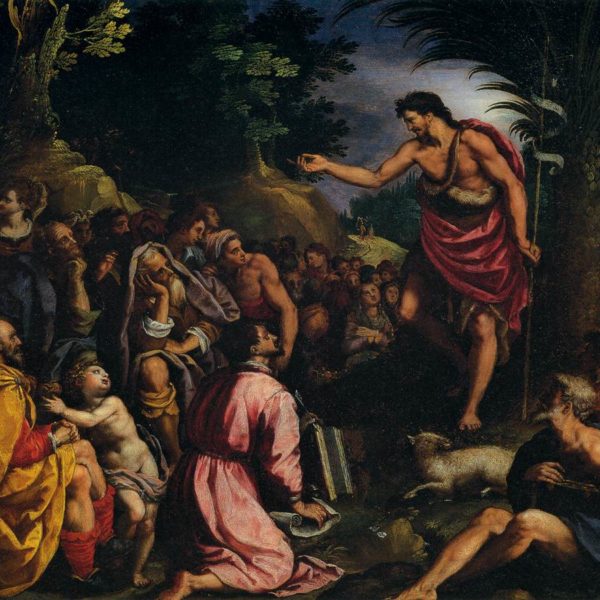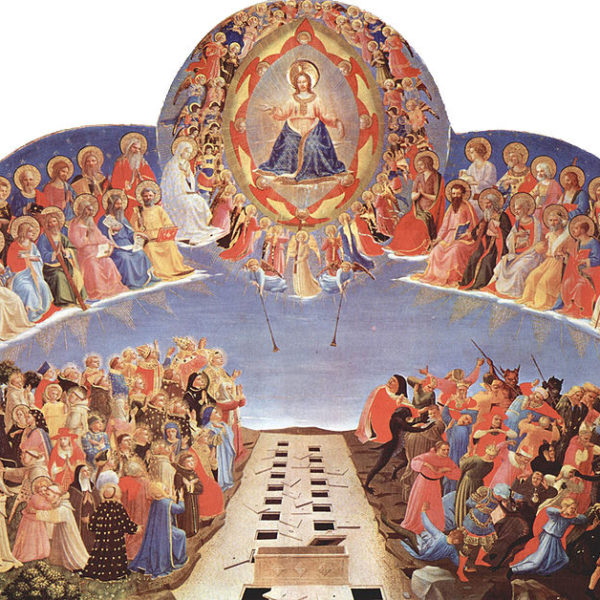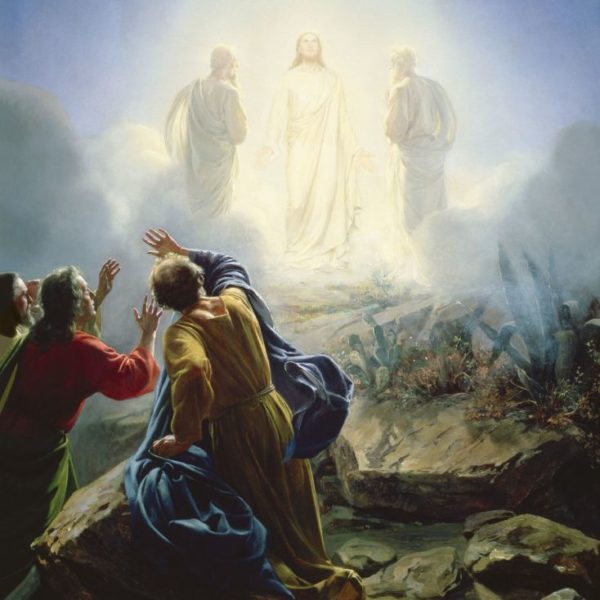
There is such a thing as a ‘near-life experience,’ a transforming encounter with the light of life. The Transfiguration describes a remarkable encounter of such a kind, an encounter that may find pale reflections in our own lives, much needed at the current time.
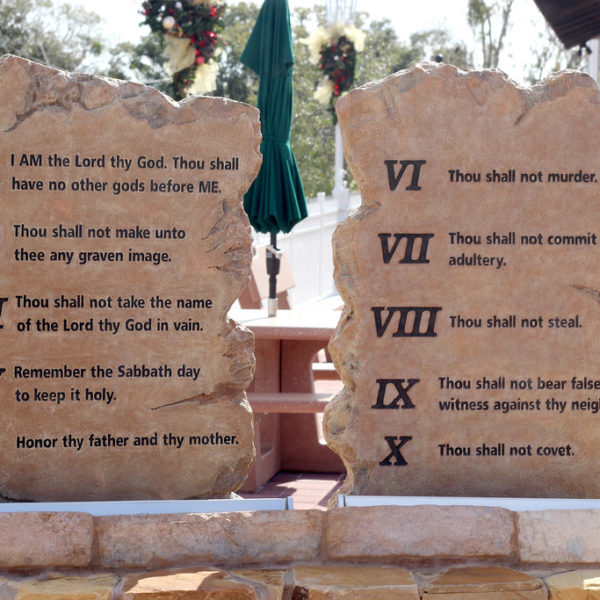
Jesus’ teaching in the Sermon on the Mount unsettles many biblicist ways of understanding Scripture. It may even be better to move from speaking of ‘the Scriptures’ as a noun, to speaking of ‘Scripturing’ as a verb.
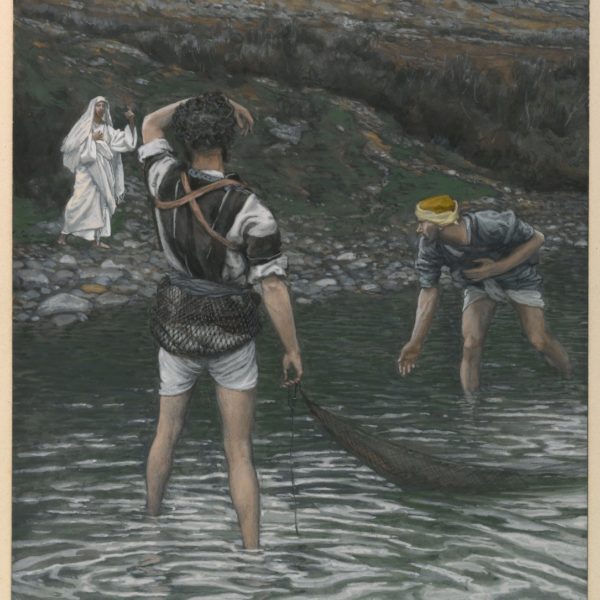
The call of Jesus to his disciples required a surrender of all they had previously understood their identities to be.
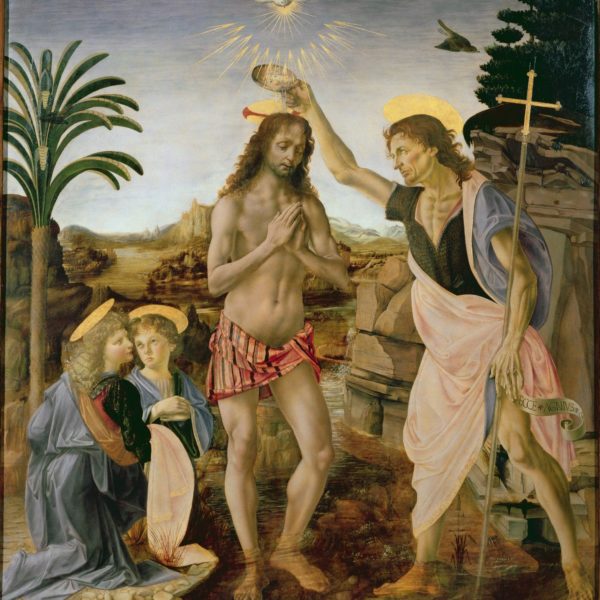
Biblical stories about baptism are connected to, but also at odds with, historical theology about baptism as well as the current liturgical practices of baptism. Matthew’s account of Jesus’s baptism gives us a helpful window into the reality.

Righteous Joseph does not publicly shame his fiancée Mary, breaking with common practice in an honor and shame culture. The angel that appears to him calls him to take a further step, to assume the role of father to Mary’s curious child.
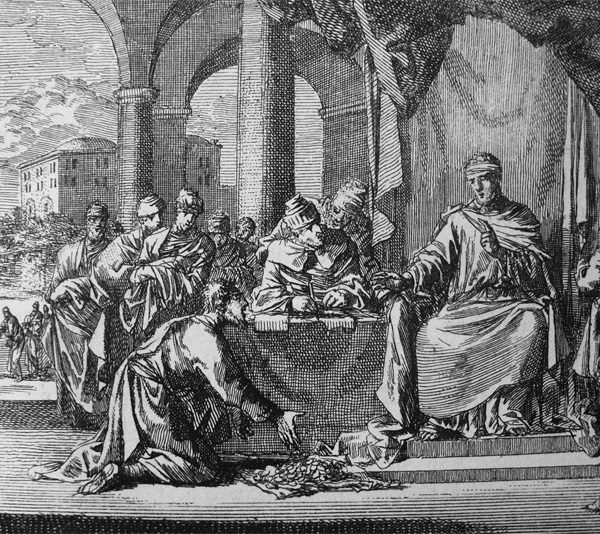
Although a superficial reading might suggest a straightforward interpretation of the Parable of the Talents, closer examination reveals troubling contradictions between this interpretation and the broader teaching of the gospel. Reading it as a descriptive parable of economic injustice provides us with a more satisfying, albeit grim, alternative interpretation.

Jesus’ description of the scribes and the Pharisees in Matthew 23 provides us with an illustration of the corrupting effects of hierarchical power structures. Given the pervasive and entrenched character of such structures, escaping their perverse dynamics is easier said than done. Nevertheless, we are not left without means of resistance, perhaps the first of which are actions and words through which we make the unseen visible.
